|
According to The Australian Financial Review, Japan’s sixth-largest electricity retailer, Chugoku Electric, is close to selling its 10 per cent stake in NSW’s Boggabri coal mine, in the latest sign the biggest consumer of Australian thermal coal wants out of the local mining industry.
The Boggabri mine would be valued at more than $1.1 billion if the sale of Chugoku’s 10 per cent stake is completed on the terms anticipated in documents filed with the corporate regulator. Chugoku told the Australian Securities and Investments Commission that the transaction with an unnamed suitor was sufficiently progressed to warrant the stake being recorded as an “asset held for sale” valued at $111.1 million. Boggabri mostly produces thermal coal for power generation and is 80 per cent owned by fellow Japanese company Idemitsu, with Nippon Steel owning the other 10 per cent. https://www.afr.com/companies/mining/japan-s-chugoku-puts-its-share-of-1-1b-boggabri-coal-mine-up-for-sale-20240724-p5jw3q
0 Comments
According to The Australian Financial Review, shareholders in Genex Power have given a resounding all-clear for the $380 million takeover of the company by J-Power, sending the country’s only listed pure-play renewables developer into Japanese hands.
Almost 95 per cent of votes cast by Genex shareholders were in favour of the 27.5¢-a-share scheme offer, comfortably beating the 75 per cent minimum required. J-Power, known formally as Electric Power Development Co., is one of Japan’s largest energy utilities and already holds about 14.6 per cent of Queensland-based Genex under an off-market takeover offer it was running in parallel with the scheme of arrangement process. Genex’s biggest project is the 250-megawatt, eight-hour Kidston pumped hydro storage venture being built at the site of an old gold mine near Townsville at a cost of $777 million. The Tokyo-based firm is also a partner in two projects with Genex, a 258 MW wind farm expansion at the Kidston site near Townsville and the 2-gigawatt Bulli Creek battery and solar project west of Toowoomba. https://www.afr.com/companies/energy/genex-to-depart-asx-after-investors-back-j-power-takeover-20240715-p5jtvy
According to The Australian Financial Review, Fortescue will cut 700 jobs and slow its push into green hydrogen in a blow to the Albanese government’s plan to make Australia a hydrogen superpower supported by more than $8 billion of taxpayer-funded incentives.
Fortescue chairman Andrew Forrest said low carbon “green” hydrogen still had a bright future, but his immediate focus would shift to renewable electricity as he jettisoned a target for Fortescue to produce 15 million tonnes of green hydrogen by 2030. Dr Forrest said lower energy prices were the priority for world leaders at a time when war in Ukraine and the Middle East had roiled commodity markets, driven up the cost of energy and challenged the economics of hydrogen, which is more expensive than natural gas. https://www.afr.com/companies/mining/fortescue-puts-hydrogen-on-backburner-with-700-jobs-cut-20240717-p5jufj
According to The Australian Financial Review, the number of millionaires will grow by 21 per cent in the next four years as surging home values, superannuation balances, and gifts and inheritances push Australians up a global ranking to become the second-richest people in the world on paper.
The average Australian’s wealth grew by nearly 10 per cent in 2023, more than twice the average rate of the other 56 countries studied as part of the 2024 UBS Global Wealth Report. Median wealth, considered a more accurate measure of wealth than the average because it is not so easily skewed by the few mega-wealthy, also grew at about 5 per cent, making Australian adults the second-wealthiest in the world, with a median wealth of $US261,805 ($388,192). https://www.afr.com/wealth/personal-finance/australia-will-have-400-000-new-millionaires-by-2028-are-you-one-of-them-20240709-p5jsbh
According to The Australian Financial Review, BHP will suspend nickel mining after massive losses in a move that casts doubt over thousands of jobs in Western Australia and will inflame tensions with the Albanese government.
The mining giant announced the suspension and foreshadowed an underlying full-year loss on nickel of $450 million. It blamed a global oversupply of nickel that has stemmed from Chinese-backed producers mining in Indonesia. https://www.afr.com/companies/mining/bhp-shuts-down-nickel-business-arresting-losses-20240711-p5jsyq
According to The Australian Financial Review, Chinese, French, Spanish and several big Asian companies have carved up the fast-growing large-scale solar farm development sector as they tap Australia’s booming growth in renewable energy, leaving major domestic suppliers such as AGL Energy and Origin Energy playing around the edges.
China’s Beijing Energy International has stealthily emerged as the largest owner of utility-scale solar projects in Australia, closely followed by France’s Neoen, the target of a $10 billion takeover offer from Canadian giant Brookfield, according to data from research consultancy Rystad Energy. Little is known about the intentions of Beijing Energy International, which secured its position primarily through an $813 million deal last December to buy the Australian assets of Lightsource BP, a European-owned developer. The Chinese firm said at the time that the acquisition meant its Australian assets would exceed 2 gigawatts, in a portfolio worth more than $3 billion, “marking a new era of its investment and business in Australia”. https://www.afr.com/companies/energy/why-overseas-money-is-pouring-into-australian-green-energy-20240628-p5jpiz
According to the Australian Financial Review, as Australian superannuation funds distance themselves from fossil fuel investments, sovereign-backed Saudi Aramco and Abu Dhabi National Oil Co (Adnoc) emerged as possible suitors for the $25 billion Santos, which failed to strike a merger with Woodside Energy earlier this year.
That deal would have brought Santos to the attention of a wide group of potential bidders, but none of that attention has resulted in an offer, industry sources note. At the same time, Santos chief executive Kevin Gallagher and the company’s advisers have been working to consider alternative options, including a corporate restructure, although the option of a spin-off of LNG has been shelved as unworkable. https://www.afr.com/companies/energy/middle-east-report-revives-santos-takeover-speculation-20240704-p5jr0i
According to The Australian Financial Review, Melbourne artificial intelligence firm Affinda Group has doubled its valuation in 18 months after closing a funding round raised on a pre-money valuation of $120 million. The 12-year-old company, run by brothers Ben and Tim Toner, has racked up major law firms and ASX-listed companies as clients for its document comparison software and document processing platform.
Affinda had been self-funded until it raised $12.9 million at a pre-money valuation of $60 million in 2022, and has now raised $10 million more from its investors. Among them is the family office of Toll Group founder Paul Little; Ellerston Capital co-founder Ashok Jacob; former MYOB and REA Group CEO Greg Ellis; fund manager Craig Bingham; and Armitage Associates managing director Mark De Ambrosis. https://www.afr.com/technology/aussie-brothers-ai-firm-worth-120m-as-big-name-backers-invest-20240621-p5jnrk
According to The Australian Financial Review, the commercial relationship between Japan and Australia has become as much about regional security as good business, according to the chairman of one of Japan’s largest energy companies.
Michiaki Hirose, chairman of Tokyo Gas and of the Australia Japan Business Co-operation Committee, said bilateral relationships needed to extend beyond traditional concerns such as energy security to include technology and defence as China’s influence grew in the region. “The fact of the matter is the Japan-Australia relationship has become broader and more sophisticated than before,” Mr Hirose said. “The relationship needs to go one step further than just economic security and include broader security.” Japan and Australia have common security challenges such as relatively small national defence industries, high research, development and production costs, and a dependence on US contractors. The number of Japanese investments in Australia hit a record 53 transactions in 2023. Foreign direct investment reached $133.8 billion, with two-way trade between the countries valued at $143.3 billion, making Japan Australia’s second-largest trading partner. https://www.afr.com/world/asia/japan-australia-ties-as-much-about-security-as-business-20240624-p5jobv
According to The Australian Financial Review, a bullish crop production forecast for NSW, Queensland and Victoria – released less than a week into winter – has been enough to send shares in the agribusiness soaring to two-year highs. GrainCorp last traded at $8.74
The Department of Agriculture says NSW is set up to produce a bumper 15 million tonne winter grain crop – some 28 per cent higher than the state’s decade average. The more wheat, barley and canola that passes through GrainCorp’s vast storage and handling network and seven port terminals, the more money it makes. https://www.afr.com/companies/agriculture/graincorp-looks-beyond-life-as-a-rainy-day-stock-20240614-p5jlqh |
Subscribe to our English Newsletter
AuthorHarry Kinase Archives
December 2023
Categories
All
|
Getting Around
Home | About us | Our Services | Column | Blog | Contact | Website term of use
Subscribe to our English Newsletter
|
|
日本語ニュースレター配信登録
© Japan Australia Business Creators Pty Ltd | All Rights Reserved. Website designed and developed by Japan Australia Business Creators Pty Ltd.

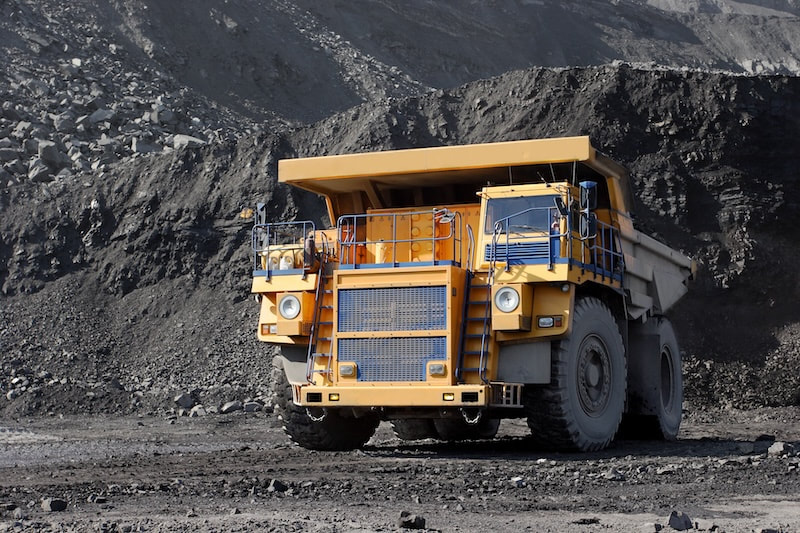


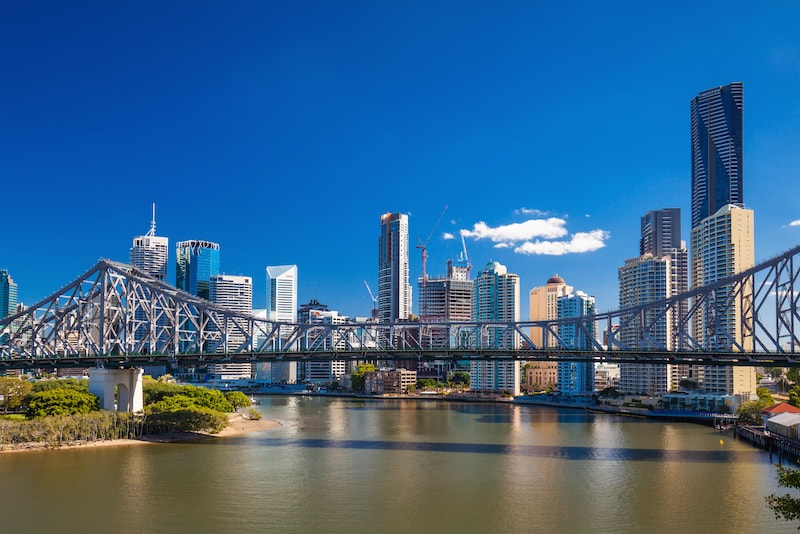

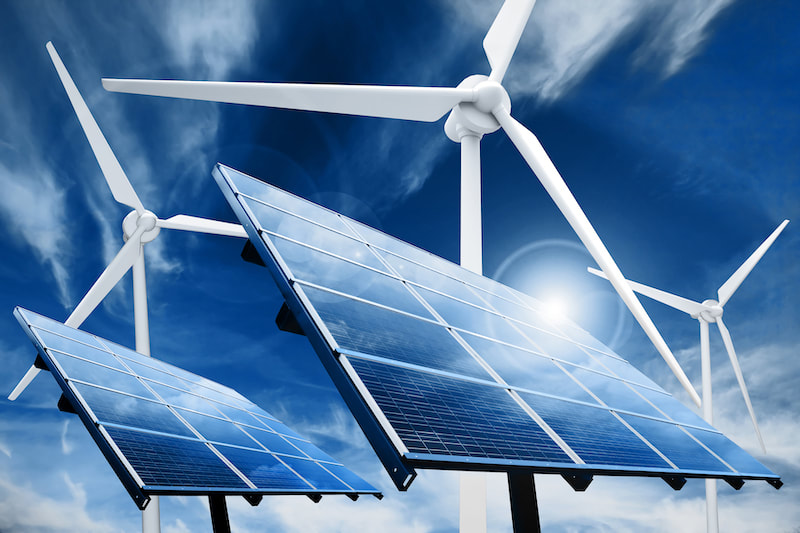
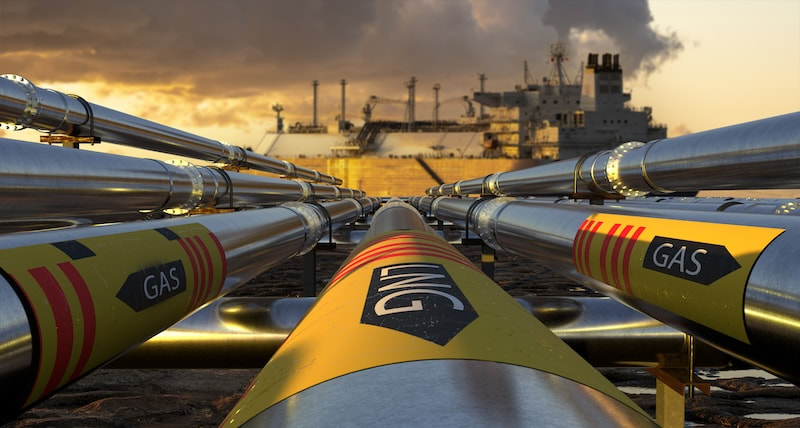

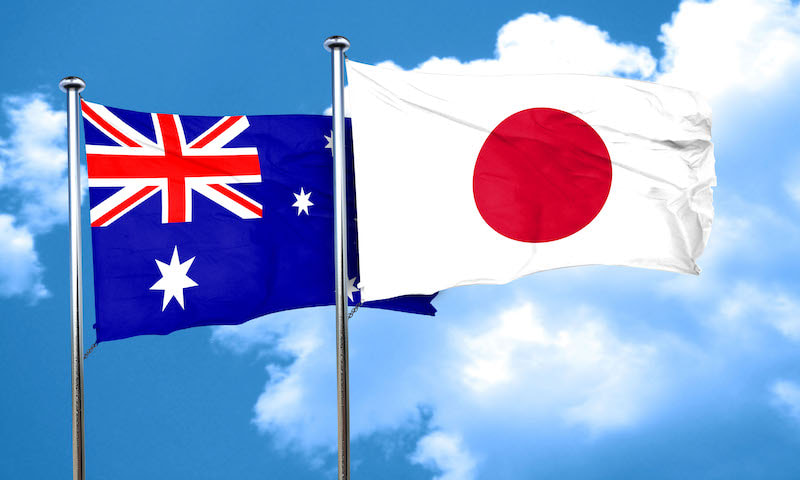


 RSS Feed
RSS Feed